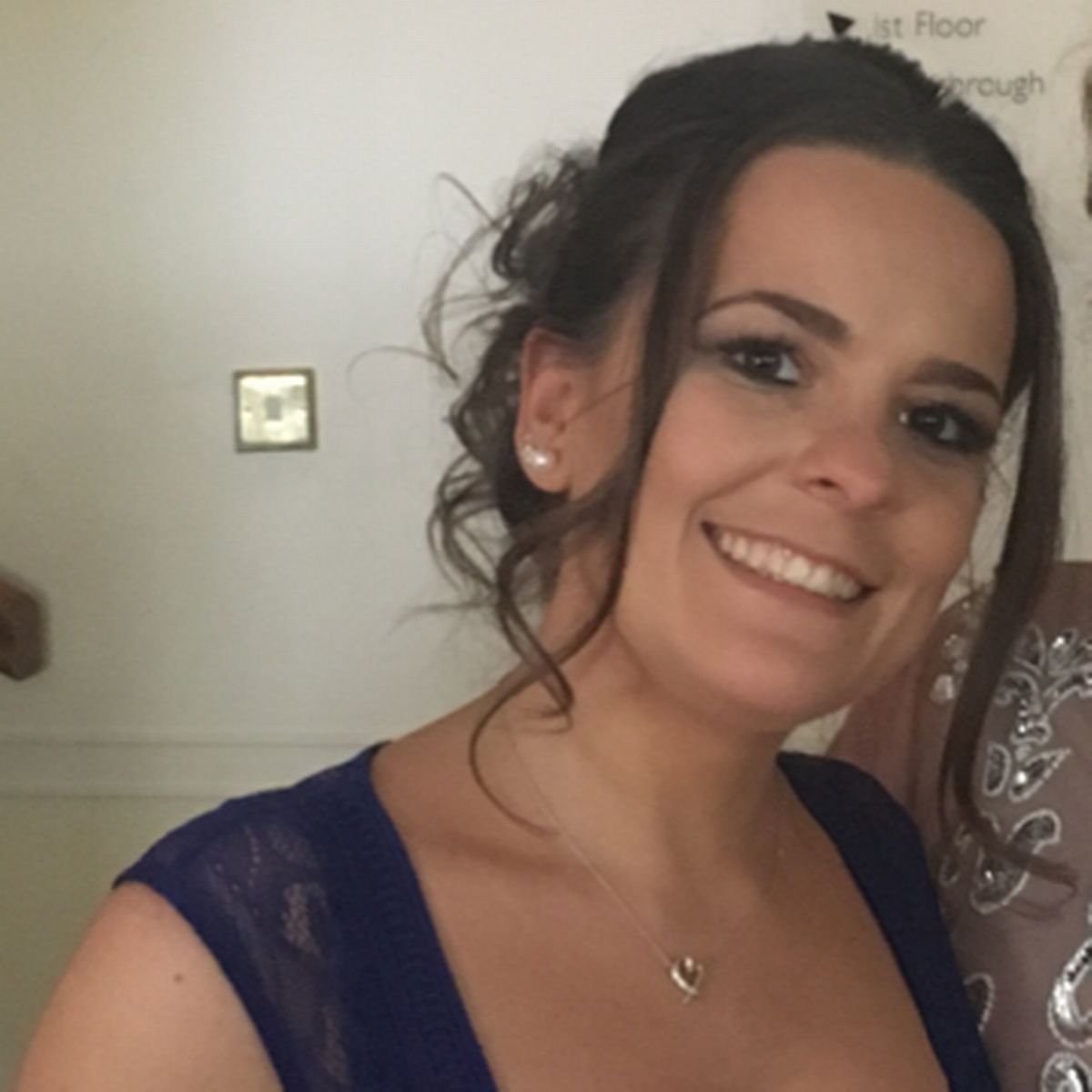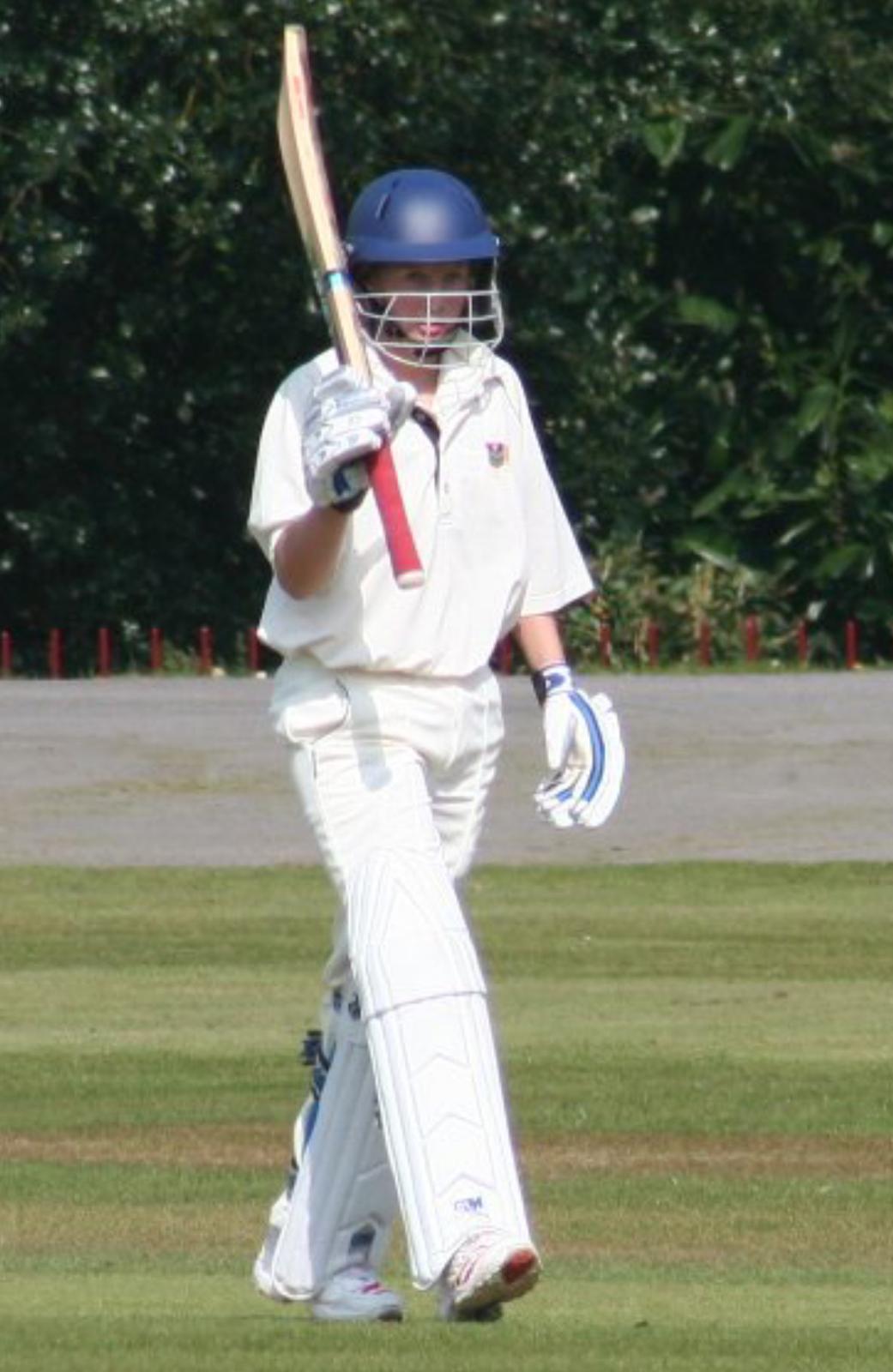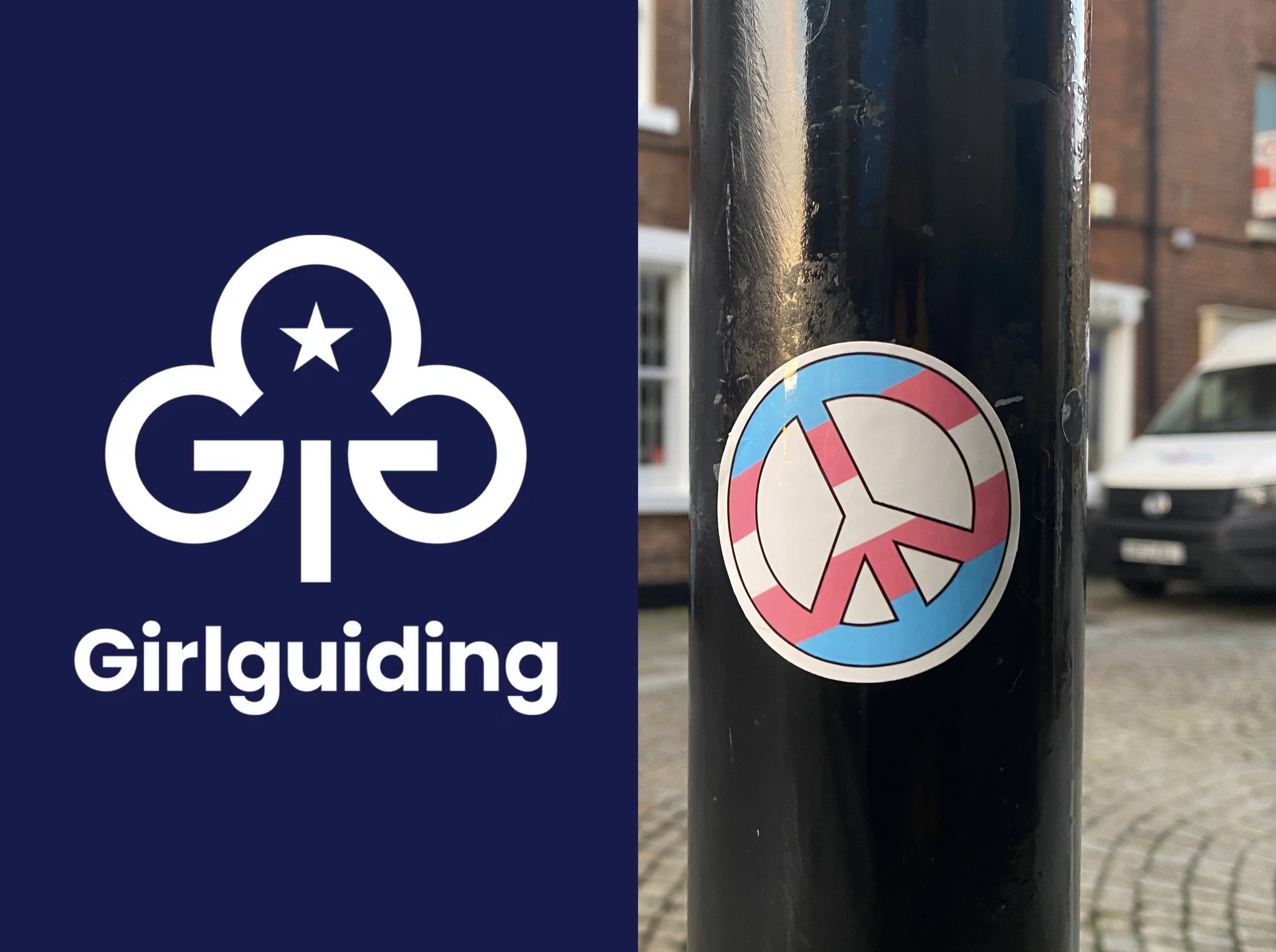This week health bosses have warned the NHS are “picking up the tab” of the online betting industry.
The Times reported that doctors have urged gambling firms to “think hard about the human cost behind their profits”, as demand for NHS gambling clinics rose by 42 per cent in a year.
We spoke to former compulsive gamblers about the damaging impact their addiction has had on their lives.
Mike, 41, whose name has been changed, gambled for twenty years before he got help. For the last eight of those he was spending up to £3,000 a month on his addiction.
“Looking back it made no difference how much money I had. It is the act of gambling. It didn’t matter if I won or lost, I still got the same buzz,” he said.
“It was only when you can’t continue that the low points kick in. When you’re in the mist of gambling there’s still hope. You’re still placing a bet.”

Mike explains how at one point all he had in his wallet was £75 from selling scrap metal, by that evening he had turned it into £7000. He made the money playing Three Card Poker and Blackjack. Just a few hours later he’d lost it all.
At the height of his addiction the businessman worked as a prison officer and bathroom fitter and the money he made fuelled his compulsion.
Initially he bet on football, but over time progressed into casino games and betting on sports he knew nothing about.
“Once you get on to the casinos your returns can be bigger and your fix can be shorter and gained quicker,” Mike said.
“A football match is an hour and a half, but the spin of the roulette wheel or the turn of a card can be relentless.”
The most he lost in a casino was £5000 of his own money. Mike explained: “I’ve lost more than that but I may have won a percentage of it so the money wasn’t originally mine.
“Basically, in a month I might lose £3000 but during that month I may have gambled £50,000.”
After twenty years of gambling Mike had exhausted all avenues to borrow money. He was £35,000 in debt and his credit score meant he had been unable to borrow money unless it was from payday loan companies with huge interest rates.
Mike’s addiction took its toll on his health. He would get four or five hours of broken sleep each night, with gambling constantly on his mind.
“Going to bed after a win, you only think about what you’re going to bet on next. When you’ve lost you only think about where you’re going to get next lot of money from. You think of the stories you are going to tell about why you can’t pay money back,” Mike explained.
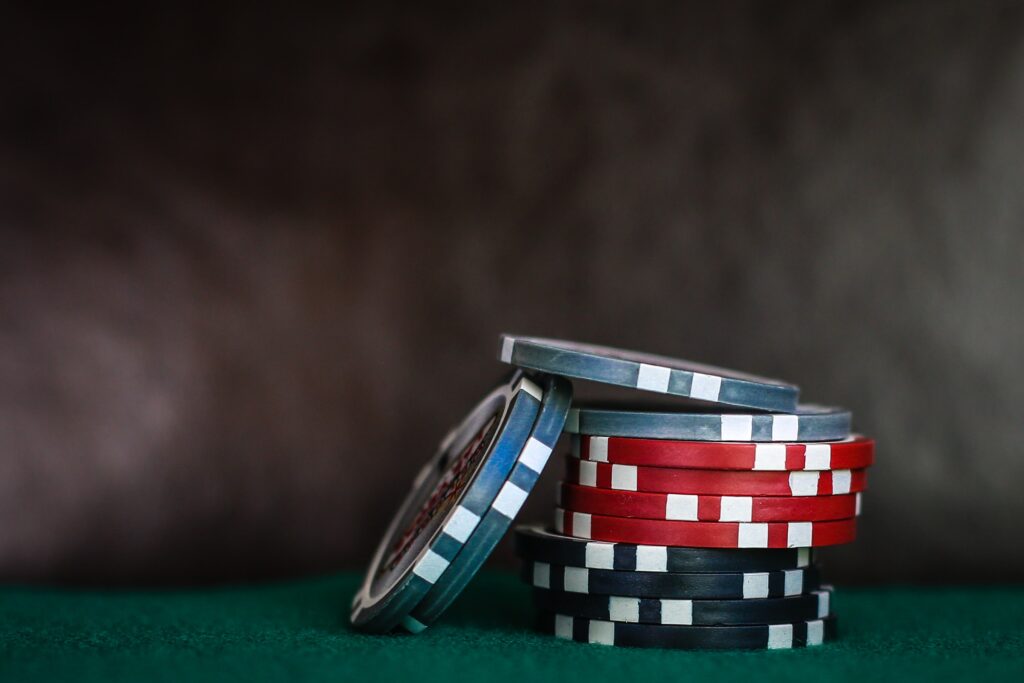
In his darkest moments, Mike’s thoughts turned to suicide. He said: “I knew I needed to do something but it all seemed too much.”
People suffering from compulsive gambling are 15 times more likely to take their lives, according to research from Sweden.
Eventually he turned to the Internet for help and found Gamblers Anonymous, an organisation of volunteers who have all been compulsive gamblers.
Different groups across the country meet weekly to discuss their problems and Mike found it invaluable.
Similar to many drug and alcohol recovery treatments, the group uses a twelve-step programme. To access the help offered, anyone struggling with gambling addiction simply has to turn up to a meeting.
The programme differs from the approach of NHS clinics.
Paul Evans, Operational and Development lead at West Midlands Gambling Harms Clinic (WMGHC), said: “Ours is an evidence-based treatment programme, which from our perspective makes it more effective.”
The service gives specialist treatment and recovery to people struggling with problem gambling.
They offer a range of treatment, primarily focused on group therapy and cognitive behavioural therapy (CBT), with sessions lasting 10 weeks.
The increased demand for these services has led to The NHS Long Term Plan pledging to open 15 gambling clinics by 2023/24, with seven gambling addiction clinics now open in London, Leeds, Sunderland, Manchester, Southampton, Stoke-on-Trent and Telford.
But Mike disagreed. “I’ve tried CBT and for me it doesn’t work. You can’t just change your life and thought patterns with a bit of behavioural therapy.
“The most success in stopping gambling is when someone has had enough. There’s a lot of people who want to stop gambling, but they haven’t reached the depths.”
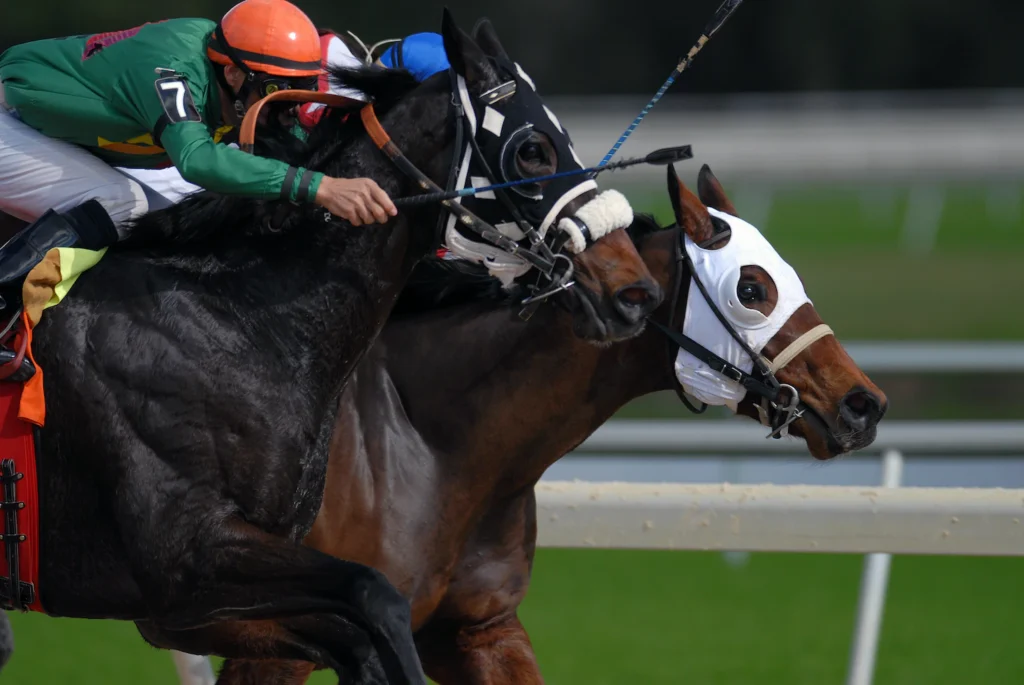
Compulsive gambling takes a toll not just on mental health, but on people’s relationships.
Mike’s wife was left with no choice but to give him 45-mile lifts to work before dropping their two children off at school because he had sold his car to fund his addiction.
“I was making excuses, lying, manipulating situations and friends and family,” Mike said. “You have this persona, this ego that says everything is okay and you’re good for it. But everyone knew I had an issue.”
Another former addict, John, 67, whose name has also been changed, gambled for years on dog and horse racing. He would steal his wife’s credit card and max it out without telling her, covering his tracks with money he earned as a teacher.
“When I finally told her about the extent of my problem there was this emptiness and pain that was so silent but so damning. I’d hollowed her from the inside out,” John said.
There are 1.4 million adults addicted to gambling in the UK and 86% of online betting profits come from only 5% of customers.
A range of help is available to those struggling with problem gambling, including the National Gambling Helpline, The National Centre for Behavioural Addictions and GAMSTOP, which prevents smartphone users from accessing betting applications.
Claire Murdoch, NHS Mental Health Director, said: “Thousands suffer gambling problems across the country, and it is important those suffering from addiction know that the NHS is here to help and they should not hesitate to come forward for support if needed.
Mike hasn’t gambled now for ten years. He now has his own painting and decorating business, and things are much better in his personal life.
“It was just the emotional side of things that destroyed me,” he said. “I’m a nice guy, a well-educated lad, I’ve always been successful in everything I’ve done.
“But I was throwing it all away.”


